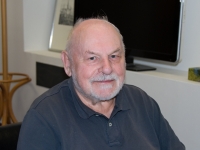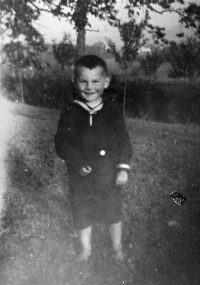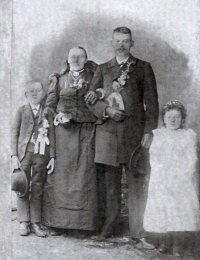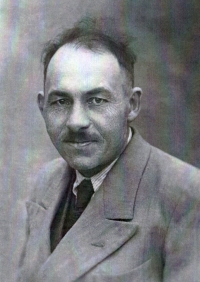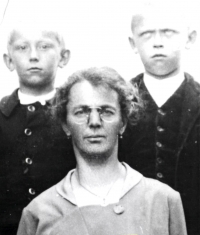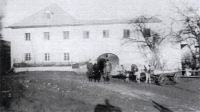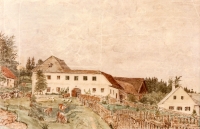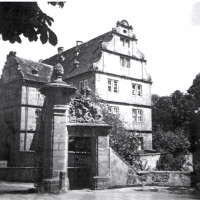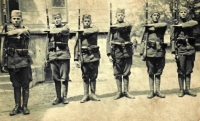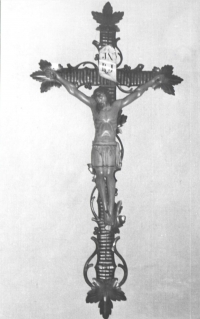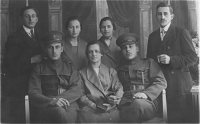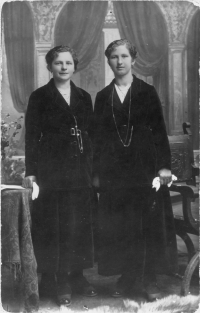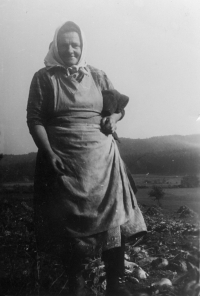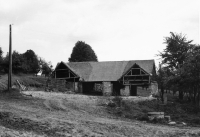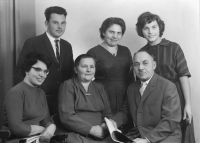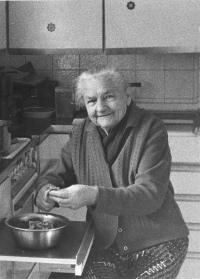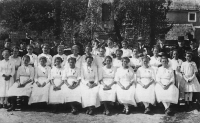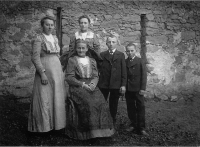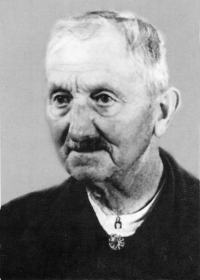I can’t forgive the Czechs for their collective accusation and punishment

Download image
Alois Harasko was born on 2 June 1936 in Desky in the South Bohemian border region in the former Kaplice district. His parents, both of German nationality, farmed on a family land. Both were of German nationality. In 1946, the Harasko family had to leave their farm. They were brought by cattle wagons to Lower Franconia in Germany, where they rebuilt their existence. In 1951, Alois graduated from the grammar school in Haßfurt. He studied History, Latin and Theology at the universities in Tübingen, Freiburg am Breisgau and Munich. In 1970 he became a researcher at the Sudeten German Archives in Munich. Among other things, he documented the development of relations between Czechs and Germans in his homeland. For his efforts to preserve the cultural heritage of the German Bohemians, he received the Sudeten German Award in 1997. In 2022, Alois Harasko was living in Munich.
